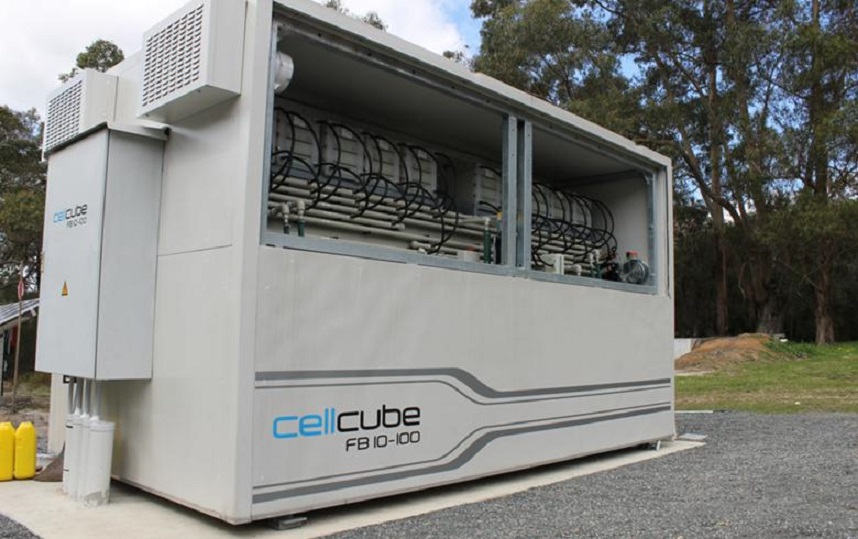4 Uses of Vanadium You Mightn't Know

4 Uses of Vanadium You Mightn't Know
Vanadium is a silver-gray metal with a high melting point and is often called refractory metal together with niobium, tantalum, tungsten, and molybdenum. Moreover, vanadium is malleable, hard, non-magnetic, and has the ability to resist hydrochloric acid and sulfuric acid. It has better gas, salt, and water corrosion resistance than most stainless steel. Because of its excellent physical and chemical properties, vanadium has been widely used in industry and our daily lives. In this article, we will introduce 4 uses of vanadium you mightn't know.

Uses of Vanadium
1. The Uses of Vanadium in the Iron and Steel Industry
Vanadium is an important alloying element, mainly used in the steel industry. About 85% of metal vanadium is added in the form of iron vanadium and vanadium-nitrogen alloys in steel production to improve the strength, toughness, ductility, and heat resistance of steel.
Vanadium-containing steel has excellent characteristics such as high strength, high toughness, and good wear resistance, so it is widely used in industries such as machinery, automobiles, shipbuilding, railways, aviation, bridges, electronic technology, defense industry, etc.
Vanadium-containing high-strength alloy steels mainly include high-strength low-alloy (HSLA) steel, HSLA steel plate, HSLA steel, HSLA strip, advanced high-strength strip, construction threaded steel, high carbon steel wire, rails, tools and die steel.
2. The Uses of Vanadium in the Aerospace Industry
8-10% of metal vanadium is used in the form of titanium-aluminum-vanadium alloys for aircraft engines, aerospace cabin frameworks, missiles, steam turbine blades, rocket engine shells, etc. Vanadium can be used as a stabilizer and strengthening agent in titanium alloys, which makes titanium alloys have good ductility and plasticity.
In addition, vanadium alloys are also used in magnetic materials, cemented carbide, superconducting materials, and nuclear reactor materials.
3. The Uses of Vanadium in the Chemical Industry
In the chemical industry, vanadium is mainly used as a catalyst for the manufacture of sulfuric acid and vulcanized rubber. It is also used to suppress the production of nitrous oxide in power plants.
Other chemical vanadium products are mainly used for catalysts, ceramic colorants, developers, desiccants, etc.
4. The Uses of Vanadium in the Field of Vanadium Redox Battery
Vanadium redox battery is a new type of clean energy storage device, and its research began at the University of New South Wales in Australia in the 1980s. Compared with other chemical power sources, vanadium batteries have obvious advantages such as high power, large capacity, high efficiency, long life, fast response, instantaneous charging, high safety, and low cost.

Vanadium Redox Flow Battery
Therefore, it is considered to be the preferred choice in the fields of solar energy, wind energy generator supporting energy storage equipment, electric vehicle power supply, emergency power supply system, power station energy storage peak shaving, renewable energy grid-connected power generation, urban power grid energy storage, remote power supply, UPS system, and other fields.
Conclusion
Thank you for reading our article and we hope it can help you have a better understanding of the uses of vanadium. If you want to know more about vanadium and other refractory metals, you can visit Advanced Refractory Metals (ARM) for more information.
As a leading manufacturer & supplier of refractory metals across the world, ARM is headquartered in Lake Forest, California, USA. We have rich experience in manufacturing refractory metals and provide our customers with high-quality refractory metals such as tungsten, molybdenum, tantalum, rhenium, titanium, and zirconium at a very competitive price.
{{item.content}}
LEVE A REPLY
{{item.children[0].content}}
{{item.content}}






